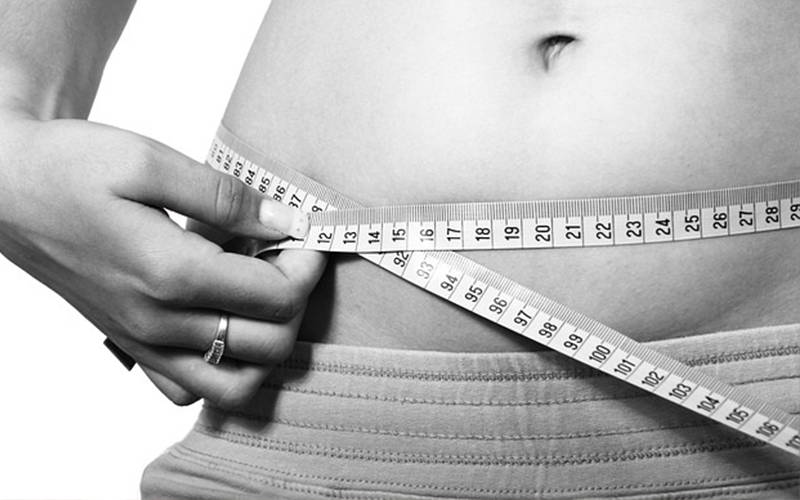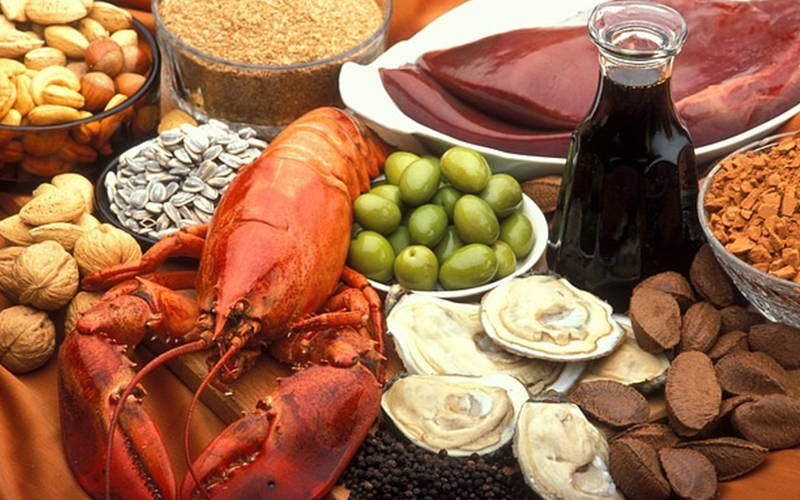Welcome to the ultimate guide for the health-conscious individual to uncovering the truth about popular diets in 2023. Diet Popular brings you up to date research and information on the Mediterranean, 5:2, Paleo, Alkaline, WW (Weight Watchers), Flexitarian, Atkins, and Whole 30 diets.
From evaluating the potential risks of nutrient deficiencies to highlighting the advantages of each trending diet for weight loss, inflammation reduction, and cholesterol level enhancement, this comprehensive review aims to provide an informed assessment for all readers.
Prepare to be enlightened on the benefits and drawbacks of these dietary plans – allowing you to make an educated decision as to which one best suits your lifestyle.
Short Summary
- Uncovering the truth about popular diets in 2023 reveals that each diet has potential benefits and drawbacks to consider.
- Mediterranean, 5:2, Paleo, Alkaline, WW (Weight Watchers), Flexitarian, Atkins, Whole 30 and Vegan diets all have unique features and may carry risks of nutrient deficiencies or other health concerns.
- Careful planning and supplementation is necessary to ensure adequate nutrition for any dietary changes.
What Is the Mediterranean Diet? - Diet Popular

What Are the Benefits of the Mediterranean Diet?
5:2 Diet: Pros and Cons - Diet Popular

What Are the Benefits of the 5:2 Diet?
What Are the Drawbacks of the 5:2 Diet?
Paleo Diet: Is It Healthy or Not? - Diet Popular

What Are the Benefits of the Paleo Diet?
Alkaline Diet: Benefits and Drawbacks - Diet Popular

What Are the Benefits of the Alkaline Diet?
What Are the Drawbacks of the Alkaline Diet?
Flexitarian Diet: Healthy Eating Made Easy

Atkins Diet: Is It Safe?
Whole 30: A Reset for Your Body
Vegan Diet: Is It Healthy?
Summary
Frequently Asked Questions
What is the most popular diet right now?
What is a popular American diet?
What diets and foods are popular?
What are 4 negative effects of dieting?










